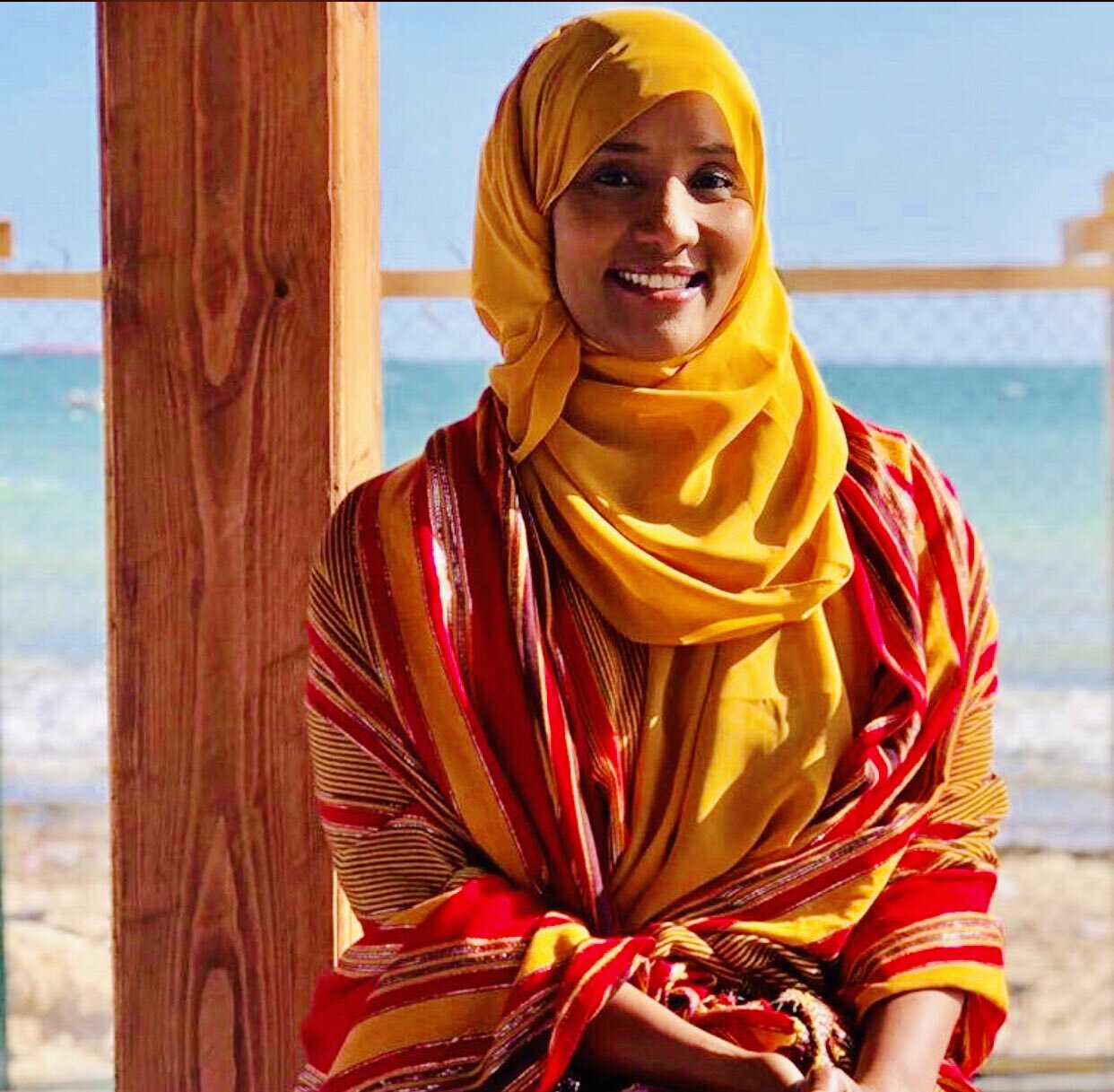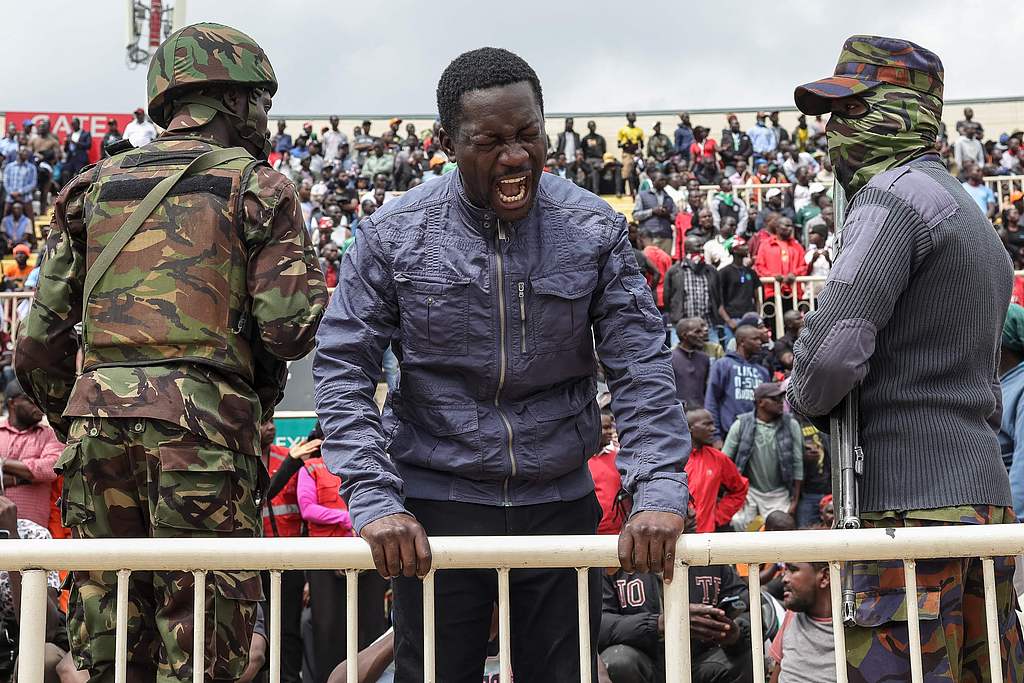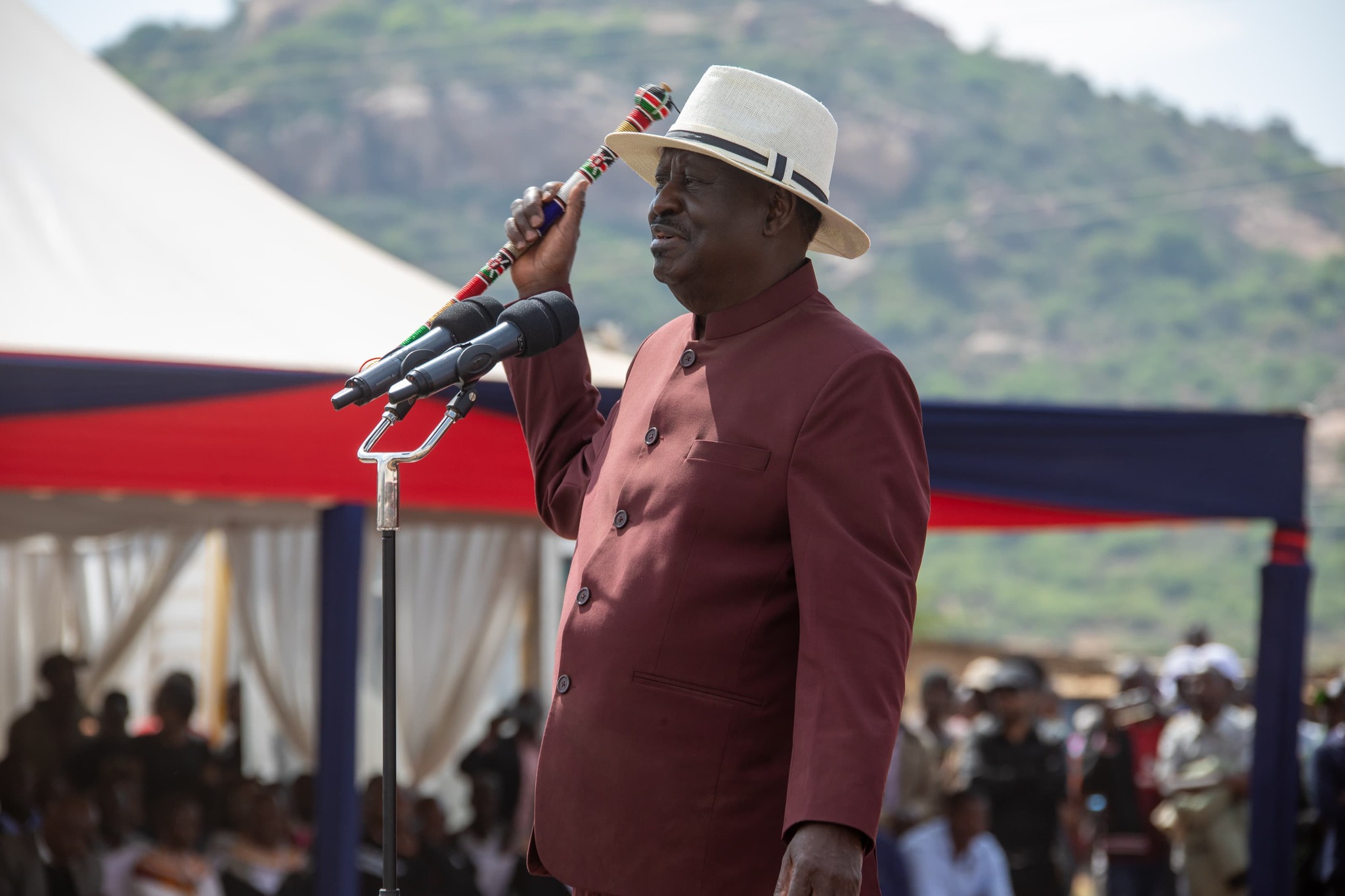
Hodan Nalayeh had big plans for Somalia, then she was killed
 The desire to tell factual, but uplifting and beautiful stories about Somalia, not just about the violent civil war or famine, is what compelled Hodan Naleyeh to ignore her family’s fears and return home to pursue a career in journalism.
The desire to tell factual, but uplifting and beautiful stories about Somalia, not just about the violent civil war or famine, is what compelled Hodan Naleyeh to ignore her family’s fears and return home to pursue a career in journalism.
Ultimately it was that passion for telling stories that cost Ms. Naleyeh her life.
The Somali-Canadian journalist was one of 27 people killed on July 13 in a terrorist attack in the Somali port city of Kismayo She had just returned to Kismayo after spending a few days in Nairobi working on a story about Somali women entrepreneurs in Kenya.
Empowering women was another of Naleyeh’s passions. The 43-year old mother, who was pregnant at the time of her death, dedicated much of her work to stories about women, single mothers in particular.
Her Nairobi-based story was to be part of a series she produced for millions of viewers across the globe on Integration TV, her YouTube channel.
Kenyan journalist Halima Osman Isaack, a Promo Producer at NTV Kenya, assisted Naleyeh with her Nairobi research. She says Naleyeh felt every story by a Somali in the diaspora was one worth telling to the world. The two met on June 30.

“When we met, she was basically full of life and energy, she was humble, and she was looking forward to telling the African story to the world using her online platforms,” Isaack said.
Issack interestingly noted that while traveling Nairobi city in a taxi, Naleyeh was apprehensive about the way their taxi driver was speeding.
At some point, Halima said that Naleyeh shouted that the driver was going to “kill” them.
Issack wondered whether it was a premonition of her impending death albeit subconsciously.
The news of Naleyeh’s death less than two weeks later came as a shock, not only to Naleyeh’s family, friends and colleagues but to many people in government.
Mukhtar Abdi the Executive Secretary in the Office of the President in Kenya revealed that long before her death, they were both negotiating with Aga Khan Media School in Kenya regarding the place of social media in public engagement for peacebuilding.
“She has used her social media platform to not only create a positive narrative about Somalia, but she also educated us on what conflict means to the people of Somalia and what it really mean to Somalia particularly women leadership,” he added.
Kenyan MP Yusuf Hassan Abdi described Naleyeh as a “revolutionary communicator” who changed the concept and the storytelling methodology in a way that democratized the process and gave a voice to the ordinary, very poor and excluded people.
“She was able to take the media to local communities and we could hear for the first-time voices of indigenous people from inside Somalia telling their narratives through her engagement,” Abdi said.
The attack that took Naleyeh’s life as well as her new husband, Farid Jama, took place in a hotel where several politicians were meeting.
Al-Shabaab has claimed responsibility however it isn’t known whether al-Shabaab specifically targeted the Somali journalist or whether Naleyeh’s death was a case of being in the wrong place at the wrong time.
Hodan Naleyeh didn’t cover politics. The subject didn’t interest her. But her death is only another reminder of the dangers involved in being a journalist in Somalia and the threat journalism presents to terrorists.
Despite the threats, the risks Hodan Naleyeh was determined to show her children, Somalia’s children that their homeland was not the war-torn, poverty-stricken place too often depicted in Western media but a place they could be proud of.
Yusuf Abdi, who in addition to being a Kenyan legislator is also a former journalist who knew Naleyeh, said that while she may be gone, her passion and light will never be dimmed by terrorists.

“They may have taken her, but her ideas, what she believed in and the seeds of awakening in Somalia will always be here.”






